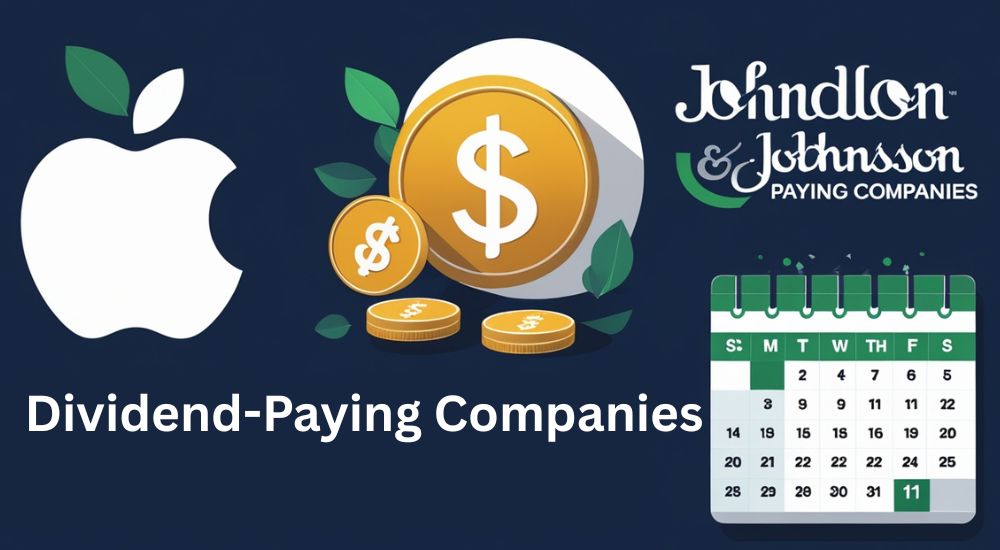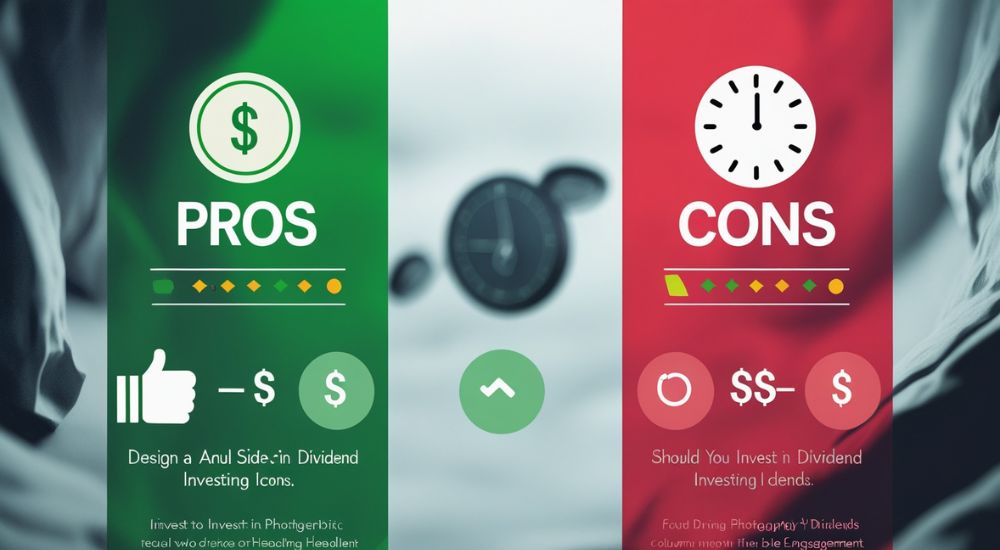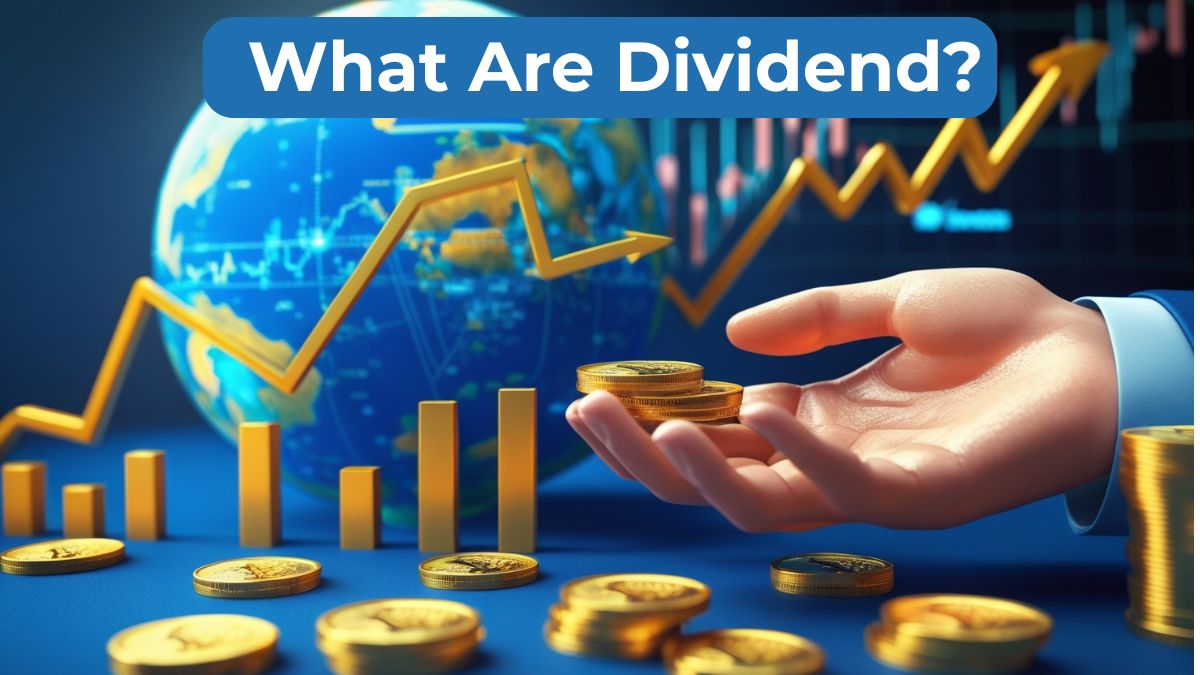What if you could get paid just for owning stocks? It sounds like magic, doesn’t it? It isn’t, though. It’s called a dividend, and it’s one of the best ways to make passive income and grow your wealth over time in the stock market. Knowing how dividends work can help you find better ways to invest and make money, even when the markets are volatile. This is true whether you’re new to investing or have been doing it for a long time.
We’ll explain what dividends are, why they matter, the different types of dividends, and how you can use them to make money in this post. This is the best guide for anything having to do with dividends. It has real-world examples, easy-to-understand language, and expert advice.
Table of Contents
🔎 What Are Dividends?
Dividends are payments that a company makes to its shareholders on a regular basis. These payments are usually in the form of cash or extra shares. They are a part of a company’s profits that are given to people who own its stock.
If you put money into a business and it does well, you get a share of its profits. That piece is your dividend.
📌 Related: What Is the Stock Market? Explain the Basics for Beginner
💸 How Do Dividends Work?
When a company earns profits, it can:
- Reinvest in the business
- Save cash for future projects
- Or distribute profits as dividends
Most dividends are paid quarterly (every 3 months), but some are monthly or annually.
Key Dates:
- Declaration Date—when dividend is announced
- Ex-Dividend Date—buy before this to qualify
- Record Date—shareholders on record receive it
- Payment Date—when the dividend is paid
🧾 Types of Dividends Explained
- Cash Dividends 🪙
The most common type — investors get a fixed amount per share (e.g., $1 per share). - Stock Dividends 📈
Shareholders receive extra shares instead of cash. - Special Dividends 🎁
One-time bonus payouts, usually after huge profits. - Dividend Reinvestment Plans (DRIPs) 🔄
Dividends are automatically used to buy more shares.
🌱 Why Investors Love Dividends
✅ Passive Income – Earn money without selling your stocks
✅ Stability – Many dividend-paying companies are stable, mature businesses
✅ Compounding – Reinvested dividends grow wealth over time
✅ Hedge Against Volatility – Get returns even in flat markets
📌 Internal Link: How Long-Term Investing Can Make You Rich Slowly
📅 Real-World Dividend Examples
| Company | Dividend Yield | Dividend Frequency |
|---|---|---|
| Apple Inc. (AAPL) | 0.5% | Quarterly |
| Johnson & Johnson | 3.0% | Quarterly |
| AT&T | 6.5% | Quarterly |
💡 Tip: A higher dividend yield isn’t always better. Make sure the company is financially stable and has a history of paying dividends on time.

🧠 Key Dividend Investing Strategies
- Dividend Growth Investing 🌱
Focus on companies that increase payouts over time. - High-Yield Investing 💰
Target stocks with the highest dividend yields (careful: riskier). - Diversified Dividend Portfolio 📊
Spread across sectors: utilities, healthcare, finance, etc.
📌 Internal Link: 10 Different Types of Stocks for Smart Investors You Must Know
📊 Dividend Stocks vs Growth Stocks
| Feature | Dividend Stocks | Growth Stocks |
|---|---|---|
| Income Source | Regular payouts | Capital appreciation |
| Risk Level | Moderate | Higher |
| Ideal For | Passive income seekers | Long-term capital gains |
💼 Tax Implications of Dividends
- In the U.S.: Qualified dividends are taxed at capital gains rate (0–20%)
- India: Dividends are taxed as regular income for the investor
- Other countries: Tax rules vary – check your local laws
📢 Always consult a financial advisor or tax expert before investing.
✅ Pros and Cons of Dividend Investing
✔ Pros:
- Steady cash flow
- Wealth compounding
- Financial discipline
❌ Cons:
- Slower capital growth
- Not all companies pay dividends
- Payouts may be cut during downturns

🛠️ How to Start Earning Dividends
- Open a Demat & Trading Account
Guide: 5 Simple Steps to Create a Free Demat Account in India - Choose Dividend-Paying Stocks or ETFs
- Diversify Across Sectors
- Track Payout History & Dividend Yield
- Reinvest Dividends for Compounding

🧭 Final Thoughts
Dividends are more than just cash payments; they are a sure way to build long-term wealth, even when the market is down. Dividend investing gives you stability, consistency, and the power of compounding, whether you’re a conservative investor or just starting out. Learn the basics, make smart investments, and let your money work for you, one payment at a time.
📌 Disclaimer: This article is only for educational purposes and should not be taken as financial advice. Before you make any investment decisions, you should talk to a certified financial advisor.
❓ Frequently Asked Questions
1. Are dividends guaranteed?
No, dividends are not a sure thing. When a company is having financial trouble, it can cut or stop paying dividends.
2. How often are dividends paid?
Most companies pay dividends every three months, but some do it every month or every year.
3. Can beginners invest in dividend stocks?
Yes, for sure. Many stocks that pay dividends are great for beginners who want steady returns.
4. What is a good dividend yield?
Blue-chip stocks usually have a yield of 2% to 5%, which is good and long-lasting.
5. Do all companies pay dividends?
No. A lot of fast-growing companies don’t pay dividends; they reinvest their profits.

